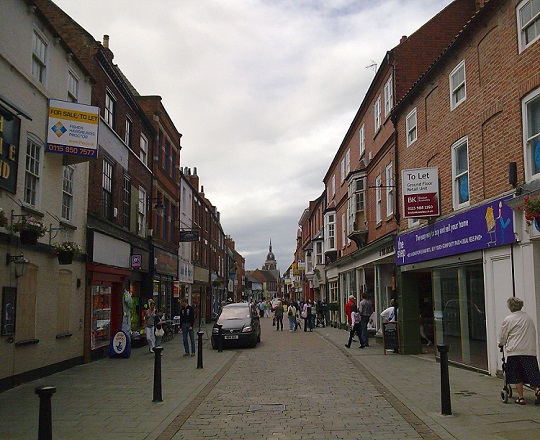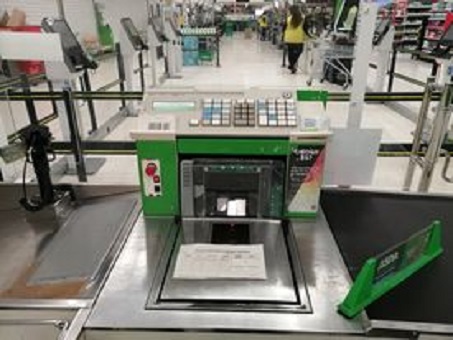Can an online tax help to “save the High Street”?

The Government is proposing an online sales tax of about 2%, something that has been proposed by some retailers as a way to provide them with a “level playing field” against the increase of online sales.
The cost to the Government of the coronavirus crisis is believed to be about £322bn. The new tax would raise about £2bn a year.
The new tax has been described as an “Amazon Tax” and will be in addition to the digital services tax which raises about £300m a year from Tech companies like Facebook, Google and Amazon. Like the digital services tax it will probably become yet another obstacle to a trade deal with the US Trump administration.
It has been suggested that the tax could be an alternative to Business Rates – but not yet!
Business Rates
There is no doubt that Business Rates are a huge cost to retailers and a disincentive.
The current system was introduced in 1988. The proposal for a Community Charge (“Poll Tax”) by Margaret Thatcher’s Government led to mass protests and high business rates were seen as a way of keeping the poll tax charge lower than it would otherwise have been. The rates were collected by Local Authorities, on behalf of the Government. Today Local Authorities are allowed to keep a proportion of the rates collected. Collection levels of business rates are high at 98%. But change is needed.
Will it “save the High Street”?
Burdensome as Business Rates are, they are only one of a number of factors causing problems for town and city centre businesses. High rent levels are also a major factor.
Large out of town shopping centres (like Sheffield’s Meadowhall) have hit city centre businesses, as have smaller retail parks.
The Government’s Audit Commission have been telling Local Authorities for years that car parking is a revenue raising opportunity and that providing public toilets is an unnecessary cost. Local Authorities that ignored their suggestions may have been penalised during times that Local Government has become increasingly dependent on central Government for funding.
Supermarkets, which are also seen as a threat to the High Street, know the value of free car parking and toilet provision.
The fact is that, for the foreseeable future at least, fear of coronavirus will deter many from visiting High Street shops, and encourage online alternatives, and that homeworking will continue at higher levels than before the crisis. The Government’s suggestion that people should return to the office to save the local sandwich shop is unrealistic.
The fact is that many more people are enjoying online shopping and able to visit a range of online shops in a short period of time. This without having to travel on public transport or find and pay for town or city centre parking. Or carry things home.
It is also true that while an online tax will charge some of the larger US owned companies like Amazon, online shopping sites are one of the few sectors of our economy that is actually growing, and that it provides an opportunity for new businesses to thrive.
Buying online is often cheaper than buying from shops, and the new tax is unlikely to seriously damage its growth.

